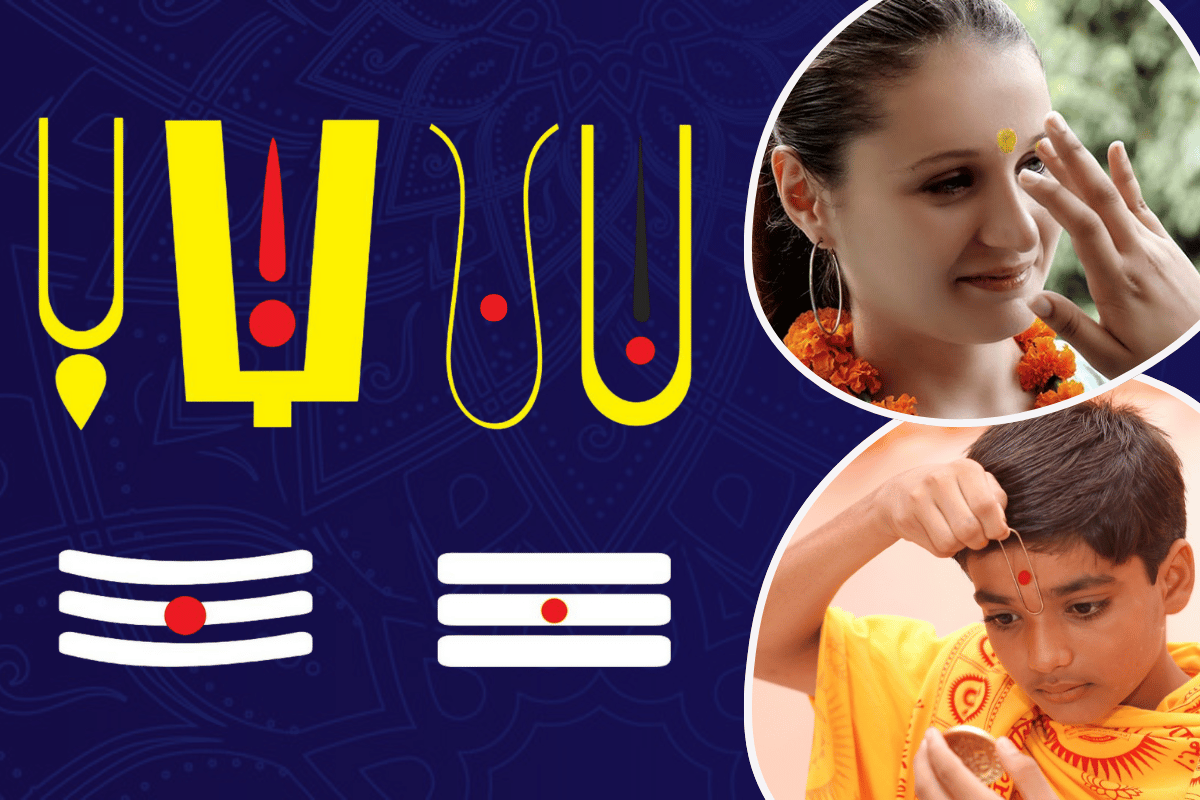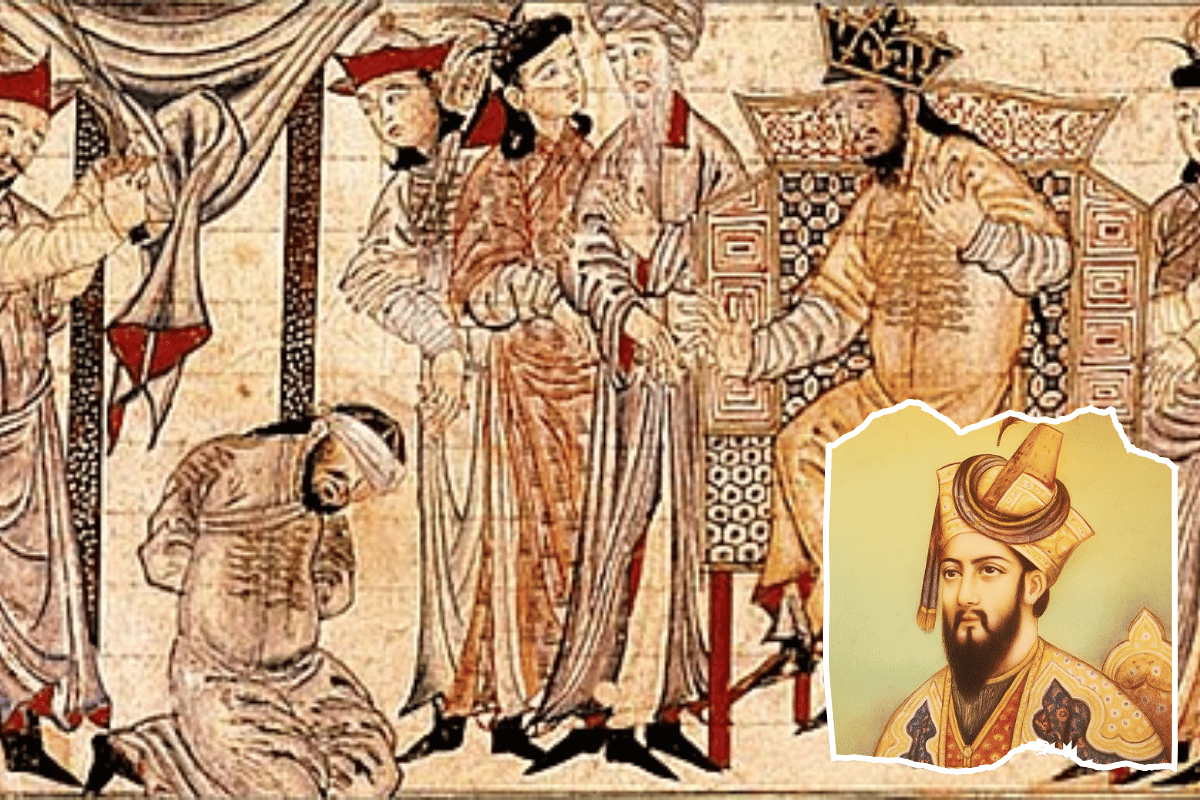
Dharma by basic physical meaning is that which holds together and sustains, a principle or one’s nature. Everything in this universe, including planets, objects, materials, elements and living creatures, all have a nature.

We as human beings and as a society also have a nature. In its simplest form, Dharma is our nature, our way of life, which leads to virtuous upliftment. At a personal and societal level, eating, drinking, and making merry, do not need much effort in teaching. However, these may not always be personally, spiritually and socially beneficial. Anything that uplifts us and takes us on a good path (Kalyankari) personally and as a society is Dharma.
Sanatan Dharma (one which is Universal, having stood the test of time) or Vedic Dharma is not rigid or restrictive in thought or practices. It is more a value system which stimulates thought on physical, spiritual and social upliftment and towards a fulfilled state of mind or existence. In Vedic or Hindu Dharma, there is more emphasis on duties or obligations, rather than rights. Whatever actions one needs to take to uphold Dharma, is a duty of a Dharmic person or society. A comprehensive view of Dharma and Niti (policy) is Dharmashastra. Also closely related to Dharma are Vidhi (rules) or Smritis (Law books), as in the Vedic structure of society, laws are a result/derivation of Dharma applied with Medha (Intellect).
Although Dharma is timeless and stable, it is adaptable to situations and time, based on the needs of society. Smritis and Vidhis, as a consequence, have adaptability, to cater to the objective of upliftment of society. Manusmriti is one well-known Smriti. However what is not well known, is that there are over 108 Smritis over time, each adapted to the time and situation of societies they regulated. Dharma however is Sanatan.
The absence of Dharma is Adharma, leading to anarchy and destruction / lowering personal and societal standards. It will be evident that for the betterment of us personally and as a Kutumb (Family) or Samaj (Society), we must abide by Sanatan Dharma, which aims at the happiness and fulfilment of all people (irrespective of faith).
Dharma at a personal or societal level has been translated as religion but is far more extensive than religion. Dharma is not limited to who or how we worship. Dharma is our value system, what we regard as right or virtuous.
In practice, Dharma is what we consider our duties and obligations to ourselves, our family, our society and to the whole world. For example, there might be a Rashtra Dharma. Hindu Dharma for example has roots in Bharat, where the Rashtra Dharma or nature may include empathy, tolerance, devotion etc. There might be a Dharma of the profession, for example, there is the Kshatra Dharma of the warriors in Hinduism. For Kshatriyas, ‘Ahimsa’ for example, cannot be a Dharma, as it will not allow them to perform duties of protection of society, as required by their dharma. However, Ahimsa is Dharma for a Yogi whose pursuit is meditation.
Hindu or Sanatan Dharma allows, rather encourages, exploration of different paths towards the realisation of the common goal, which is upliftment. These different paths towards achieving Dharmic objectives are called Panths. Examples of these would be a Yogic path, Bhakti marg or path etc. where one pursues a certain lifestyle and ethics towards upliftment.
Also, among faiths, we find that Hindu Dharma, Khalsa Panth (Sikhism), Bouddha Dharma (Buddhism) or Jain dharma (Jainism) are similar in Dharmic objectives, although different in paths.
As a British Hindu or British Indian, it is important to know and practice our ‘Bharatiya’ Dharma, and perform our Dharmic duties towards our families, our Samaj and the British Society we are part of. This helps us live and showcase the Rashtra-Dharma of Bharat, which aims at Universal upliftment and betterment of all people.








